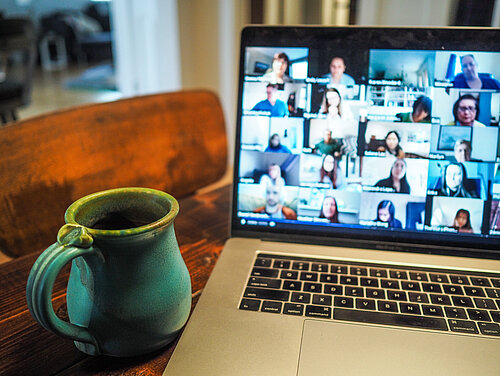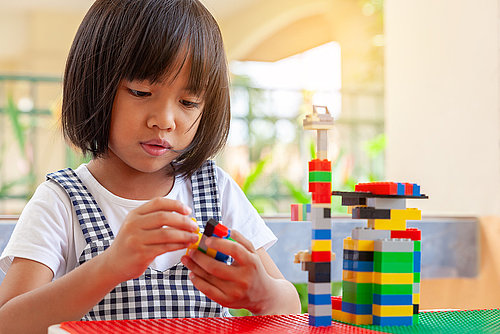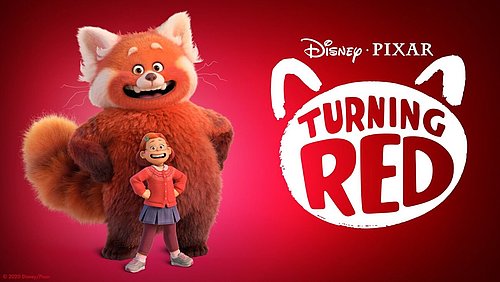
Education
Research | Social media | Marketing
Blog
Information Overload: Thinking Critically and Advocacy for Media Literacy

We all know that one of the greatest benefits of the internet is the wealth of information it provides us. Never in human history has knowledge been more readily available than in the Information Age. Characterised by the widespread and rapid access, creation and exchange of information, the world we live in is never short of something new to learn.
However, as we have overcome many of the barriers to accessing knowledge, a new skill has become increasingly important to being able to understand and critically analyse the information we do encounter: media literacy.
Concerns regarding media literacy are on the rise as misinformation spreads across popular media channels and presents itself to unassuming viewers as the absolute truth. As the youngest generation are spending a large amount of their spare time in these environments – YouTube, Instagram, TikTok & X (formerly Twitter) to name a few – they are at greater risk of believing everything they read.
Due to a lack of experience online and without the wisdom we gain as we maturity, young people do not yet have the skills required to properly analyse claims to the truth. Instead, they must be taught how to exercise critical thinking and media analysis prior to beginning their online experiences.
As young people first come to digital communication platforms, they are transitioning from a largely protected sphere of the home and educational institutions. When you’re 10 years old, for instance, most sources of information you encounter are your immediate family, your friend group, and your teachers or community leaders.
On the flip side, setting up social media accounts on your 13th birthday (or most likely before then...) opens you up to an entirely unknown playing field: now, it’s your favourite YouTuber, a meme account or a celebrity that is feeding into your information sources.
While existing online offers great opportunities to broaden one’s horizons and encounter experiences different to your own, it is not always easy to know who to believe, trust or support online. Media literacy skills offer young people a work-around this issue.
Instead of excluding young people from online spheres completely - as some recently proposed legislation from the European Union, United States and Australia would do - or unrealistically relying on parents to mitigate the content they see, young people should have the opportunity to exercise critical thinking to make informed decisions about their own online journeys.
Integrating media literacy into education either in the home or in curriculum could have an exponentially positive effect on the mental and physical health of young people online.
By providing them with the tools and the space to practise these analytical skills in a safe and controlled environment, young people could enter the online sphere with the ability to mediate their own online experiences, keeping themselves safe from physical and mental harm while actively perpetuating a safer online environment through their actions.
With ChatGPT on the rise with tweens and teens as their 5th favourite app, according to KidSay’s Q3 Trend Tracker Report, there is a need to counter the platform’s own warning of ‘ChatGPT can make mistakes. Check important info.’ This not only shows young people intense thirst for knowledge and interest in learning, but it also presents a risk of coming to rely on information at presented face value by the AI tool, without corroborating the facts for themselves.
These critical thinking skills are not only reserved for when young people are online, but rather allow them to age into adults with the ability to critique political, economic and governmental news to better inform their personal standings in society.
When I was at school, we did something similar with newspaper clippings: who is the author, for which newspaper was it written, when was it published, and so on. This taught me to dig a little deeper into the information I was provided at face value, and it meant that I could choose for myself whether I believed and trusted what that journalist was trying to tell me.
I don’t know about you, but none of the young people I know are reading the broadsheets anymore: they’re talking about what they saw on TikTok, or who they re-posted on Instagram, and it’s those sources of information that need to be put under the analytical eye to strengthen this generation’s sense of media literacy for their own mental and physical health, and for the opinions and values they perpetuate through their actions in wider communities.


